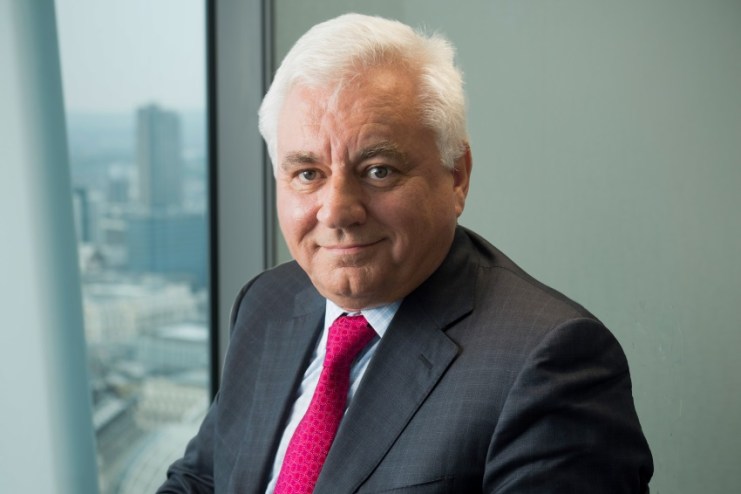“Some firms don’t get it” – Sir Nigel Knowles on innovation in the legal sector, staying ahead of global competitors & the UK’s competitive advantage

What Sir Nigel Knowles doesn’t know about legal and business services probably isn’t worth knowing. After a glittering 38-year career at DLA Piper, he is now CEO at London-listed DWF Group.
He took the job in May 2020, after three years as Chair. Since then, the firm’s share price has risen around 30 per cent, and Sir Nigel is optimistic that will continue – for DWF, but for the UK’s legal sector as a whole.
“Remember that English law has been a massive export, a fact often underappreciated,” he tells me with an unmistakable Yorkshire twang.
Read more: Law firms are at risk of falling behind in the race for innovation
“Think about how many contracts around the world are signed every day subject to this law. Not only that, there’s a lot of people around the world, both corporates and individuals, who come to London to resolve their disputes in the High Court and other courts in this country,” he tells me.
But while Sir Nigel thinks that will remain the case, “we have to ensure that we are fit for purpose” in the 21st century.
That means innovating, embracing new technologies and ideas, he says. At DWF he points to the acquisition of Minecrest, expanding their offer into managed services, as an example.
“The UK is at the forefront of delivering that innovation and therefore I do believe we can stay ahead.
“But some firms obviously don’t get it, and they may not.”
Listen:
The need for change
Innovation – or the lack of it – has been a bugbear of Sir Nigel’s for some time, albeit one he’s been keen to take advantage of in recent years.
“Some people from some firms will think that they are doing pretty well and will continue to do pretty well, and can’t see the need for change. But if you talk to clients, clients are demanding change.”
More and more General Counsels at large corporates, he points out, are sitting on Executive Committees – answering ever-more questions which require legal involvement.
Data use, artificial intelligence and the use of technology to streamline processes all require intricate legal work, particularly for organisations with regulatory challenges around financial services.
He does say that cash considerations are also an issue in a fragmented legal market.
“I don’t think any law firm has got more than two thirds per cent of the global available law market. Contrast that with the big four accountants,” he said.
“The ability to invest in technology to invest in staying ahead – and I’m not just talking about the UK I’m talking all around the world – is therefore, on occasion, more problematic.”
As for limited partnerships, the default setting for so many law firms, Sir Nigel believes there’s another problem.
“In some LLPs, there’s a real burden on the equity partners of today to invest in the future of their firm for tomorrow, and some equity partners in the traditional LLP don’t want to do that.”
Cash to invest
That was part of the rationale behind DWF’s float on the London Stock Exchange two years ago.
Raising cash to invest is a key part of Sir Nigel’s strategy. What does DWF look like in five years’ time?
“I think we will, through M&A, be a larger firm. We’ve got to respond to the needs of our clients, and in some cases our clients want us to be elsewhere in the world, developing further products that they will want to buy.”
There’s plenty for him to be getting on with, then.